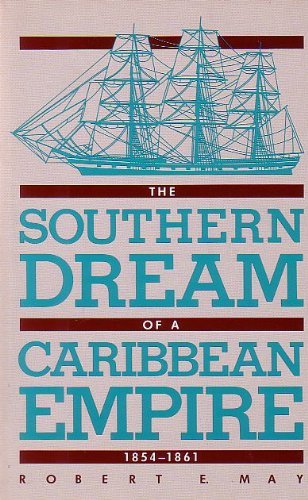
Well-aware of his meager claim to electoral victory with only 39% of the popular vote, Lincoln told Republican Congressman James Hale of Pennsylvania that supporting the compromise plan of Kentucky’s John J. Crittenden would mean the end of the Republican Party and of his new government. During several compromise efforts between December 1860 and March, 1861, Lincoln wrote important Republican leaders in Congress to oppose any settlement with the South, which of course ensured secession and his war upon the South. Again, it is clear that the cause of secession and war was the Republican Party, and Lincoln placing party survival over saving the Founders’ Union.
Bernhard Thuersam, www.Circa1865.org The Great American Political Divide
Republicans Frustrate Compromise Efforts
“[Crittenden desperately] was trying to halt what he called the “madness” possessing the South and begged northerners in Congress to make the “cheap sacrifice” and “little concessions of opinions” that his pan required in order to save the country.
Crittenden directed his plea primarily to Republicans. They held the balance of power in Congress, and their reaction would decide the fate of the Crittenden program. Northern Democrats who had been traditionally more conciliatory toward the South . . . could be expected to give the program substantial support.
Some Republicans agreed with Crittenden that a few concessions to the South to preserve the union might be worthwhile, if the price was not too high. From the beginning, [Republican] antagonism doomed Crittenden’s high hopes [though] Unionists in both houses of Congress, however, fought for legislation that encompassed Crittenden’s plan.
In the lower house, on December 5 [1860], Alexander Boteler of Virginia successfully moved that a committee of one member from each State (the Committee of Thirty Three) be established to work out a plan to save the Union. Republicans cast every negative vote on the resolution, giving an early indication that they were opposed to compromise. Republicans blocked every other compromise measure suggested in the Committee of Thirteen.
Crittenden’s followers still refused to admit defeat. The Virginia legislature invited all the States to send representatives to a “Peace Conference” in Washington in February. Although none of the States that had already seceded sent delegates, twenty-one States did join the conference. Once again Republican leaders opposed compromise plans, claiming they did not want to cripple Lincoln’s freedom to deal with secession by committing him to a program before his inauguration.
An Indiana Republican delegate wrote to his governor from the conference: “We have thus done all in our power to procrastinate, and shall continue to do so, in order to remain in session until after [Lincoln’s inauguration on] the 4th of March.” The Senate voted on the original Crittenden plan and defeated it by a 20 to 19 vote. Not one Republican supported the plan.
The Republican decision to frustrate compromise efforts was one of the most significant political decisions in American history. Although it would be unreasonable to assert that had Republicans supported compromise they would definitely have ended the secession movement and prevented the Civil War, such a result was quite possible given the wide support that Crittenden’s plan attracted.
All the pro-Southern aspects of the compromise disturbed the Republicans; but their ire was raised in particular by the territorial provisions. The Republican party’s strength was contained in its antislavery wing, which was held together by opposition to any expansion of slavery [into the territories].
Had Republicans abandoned their opposition to slave expansion in 1860, they would have committed political suicide. Such a concession to the South would have constituted a repudiation of their own platform, “an admission that Southern complaints were valid,” and a confession that Lincoln’s election as president warranted secession.
Republican voters by the thousands cautioned their congressmen and leaders not to compromise with the South and agitated at home against conciliation, as when Pittsburgh Republicans broke up a unionist meeting by turning off the gas, smashing seats, and yelling “God d —-n John J. Crittenden and his compromise.”
(The Southern Dream of a Caribbean Empire: 1854-1861, Robert E. May, LSU Press, 1973, excerpts pp. 210-212; 214-217)

No comments:
Post a Comment